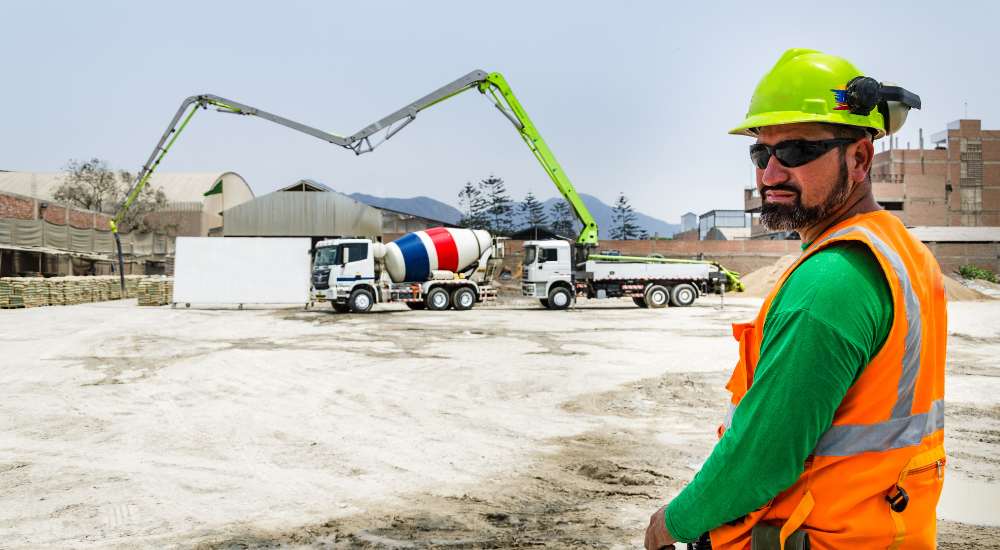Updated September 1, 2023
Pump operators are well-skilled professional in charge of running and maintaining pumps and related machinery in industrial and construction environments. A pump operator is an essential professional in moving materials, such as liquids, gases, and other substances, from one place to another. We have mentioned in this post a general overview of the tasks and responsibilities of pump operators, the education, training, and the advantages of choosing it.
A pump operator is an expert who operates, maintains, and fixes pumps and related equipment to transfer materials in industrial and construction settings. Pumps are hired in many settings, such as sewage and water treatment facilities, gas and oil refineries, and building sites. A pump operator must be educated about centrifugal pumps, positive displacement pumps, and submersible pumps, among others.
What Does a Pump Operator Do?
A pump operator is in charge of starting, stopping, and monitoring pumps to ensure they operate effectively. They also regularly maintain pumps and associated equipment, such as checking fluid levels, lubricating moving parts, and replacing worn or damaged components.
They also troubleshoot problems and implement solutions as necessary. A pump operator identifies flaws with pumps and associated equipment and takes the necessary steps to fix them. A pump operator maintains detailed records of operations, maintenance, and repairs.
Qualifications & Skills Need to Become a Pump Operator
Educational: You typically need a high school graduation or equivalent to work as a pump operator. Additionally, some employers prefer candidates with technical or vocational training in pump operation or a similar discipline.
Technical and Mechanical Skills: To operate and maintain pumps and related equipment, pump operators need good technical and mechanical abilities.
Communication and Teamwork Skills: To verify the equipment is operating effectively, Pump operators must have strong communication abilities to collaborate with other team members and communicate clearly with them.
Physical Stamina and Endurance: Pump operators need to be physically fit in order to perform physically demanding tasks, including moving large objects, standing for long periods, and working in confined areas.
How to Become a Pump Operator?
Step 1: It may be necessary for pump operators to obtain a high school diploma or an equivalent. You might also need to pass a drug test and have a valid driver’s license in order to work for some companies.
Step 2: It can be helpful to have experience operating big machineries like bulldozers or cranes. Also, you may gain expertise in a similar industry, such as manufacturing or construction.
Step 3: Most employers educate their pump operators while they are performing. Operating methods, safety guidelines, and maintenance specifications may all be included in this training.
Step 4: Obtain certifications; employers may mandate pump operators to have certifications, such as a Commercial Driver’s License (CDL) or certification to operate a particular kind of pump.
Work Setting of Pump Operators:
Depending on the kind of pump they run and their industry, a pump operator’s working environment can vary. Even though pump operators frequently work in commercial settings, such as factories, water treatment centers, and oil and gas fields.
Generally, a pump operator’s job can be physically demanding, including standing for long periods, climbing ladders, and lifting big objects. Pump operators can carry out inside or outside and perform so in any weather condition.
Pump operators also follow strict safety rules and dress accordingly for protection, including steel-toed boots, hard hats, and safety glasses. They followed the instructions on how to manage chemicals and hazardous materials safely and how to respond in an emergency.
In short, those who love performing with heavy gear and have a passion for industrial operations may find the work setting of a pump operator to be tough, but it can also be lucrative.
Salary of a Pump Operator:
In India, the average gross pay for a pump operator is 4,92,322 INR or ₹237 per hour. They also receive an average bonus of 8,616. An entry-level pump operator can expect an average salary of ₹3,70,752 with 1-3 years of experience. The average compensation for a senior-level pump operator (8+ years of experience) is ₹6,07,241.
